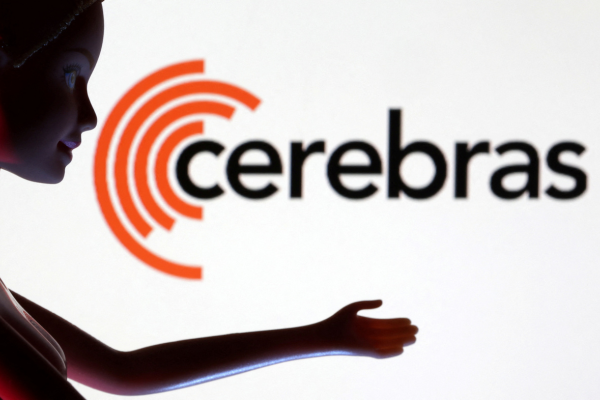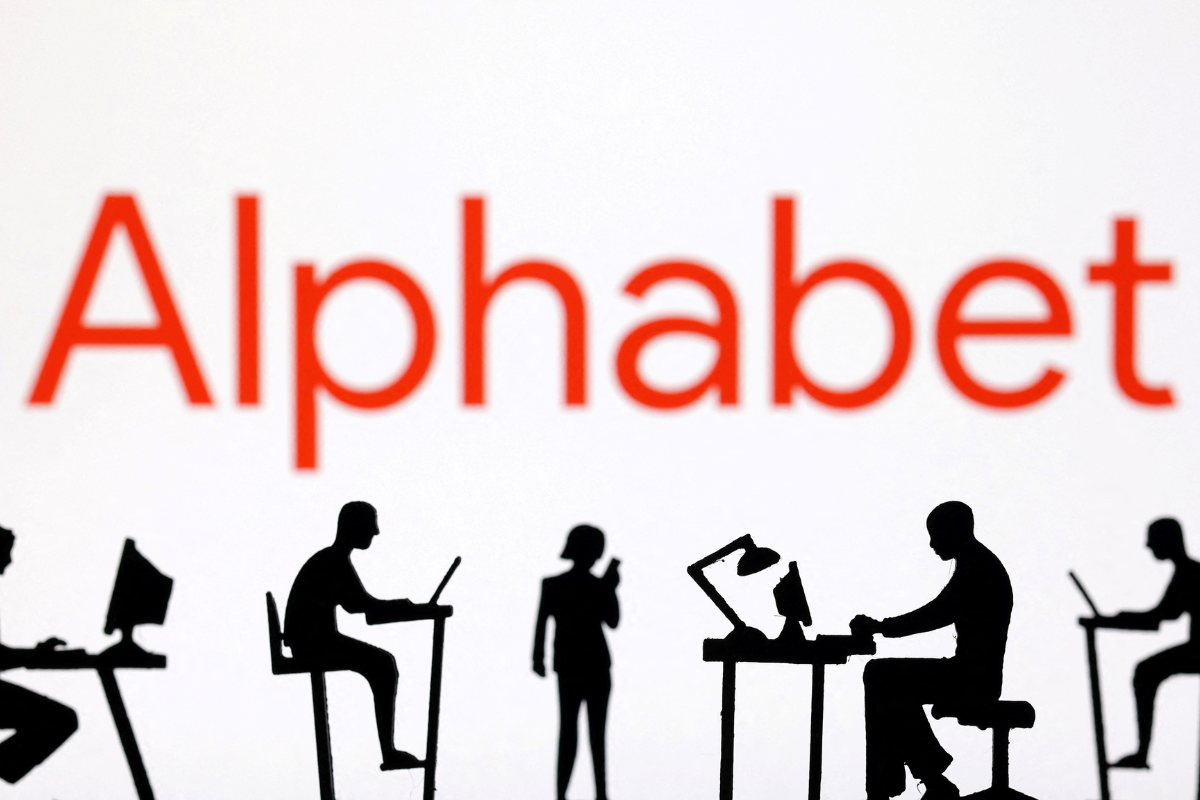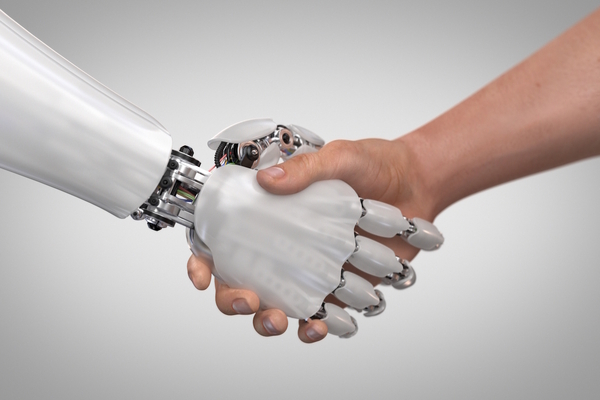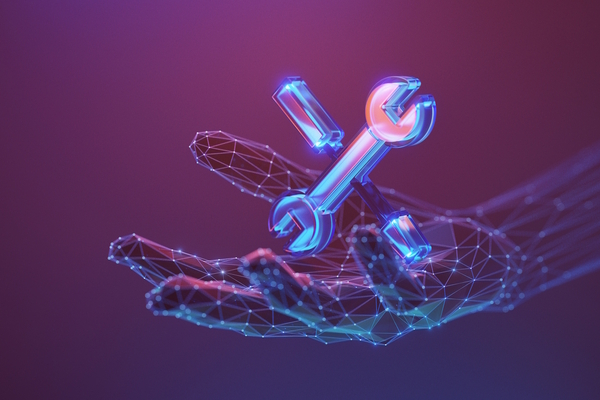Building business-leading AI hiring algorithms
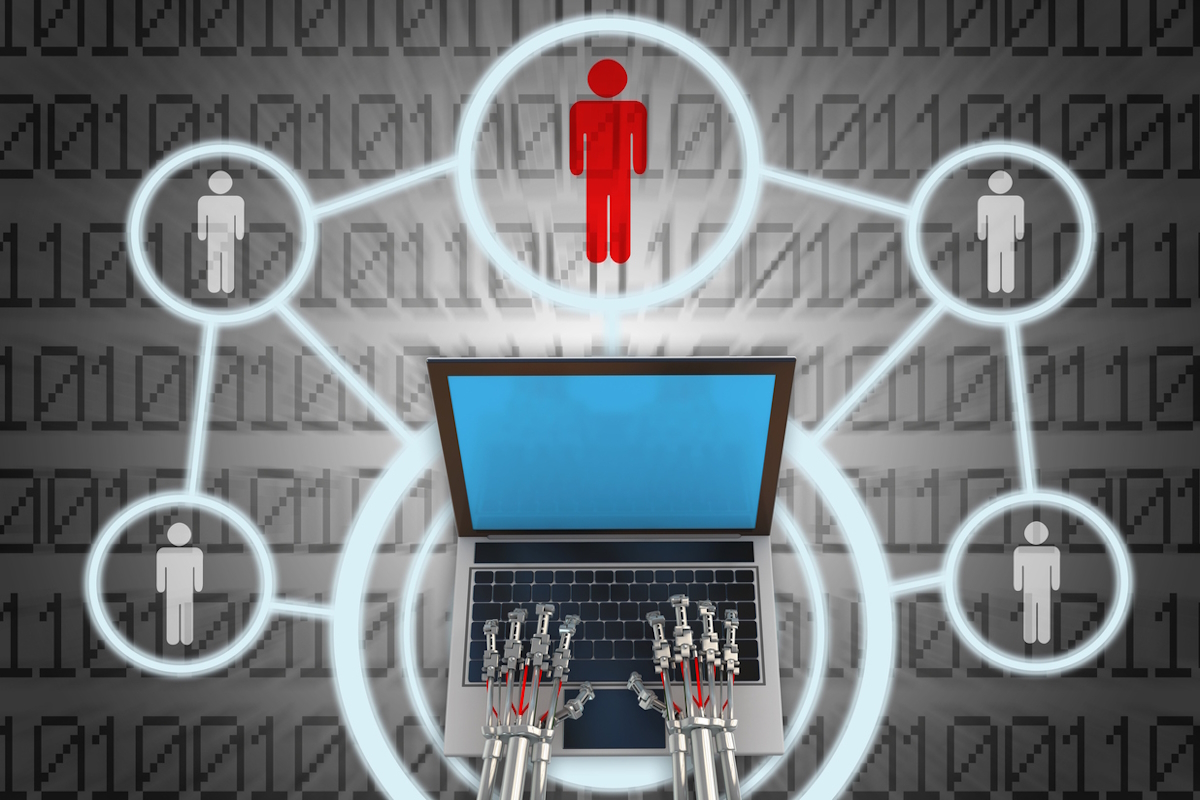
Dr Lindsey Zuloaga at HireVue explores the issues around on AI hiring and mitigating bias
Artificial Intelligence (AI) is reshaping every aspect of businesses and has received immense attention with the release of ChatGPT. Particularly, the role of AI in hiring is increasingly under scrutiny as candidates try to understand its role in their employment opportunities and businesses try to figure out how they can use the technology to transform their talent experiences.
While generative AI and much of the conversation around the broader regulation of AI is new, machine learning has been used in hiring for well over a decade. In fact, it is used by the majority, if not all, of the Fortune 100 throughout the hiring process. AI-backed selection tools offer a host of benefits for talent teams, namely widening the talent pool, mitigating bias, and streamlining mundane tasks.
Building an AI hiring programme
Central to any application of artificial intelligence is the question of fairness – are these tools creating more good than harm and how do we know that they’re working as intended? Fortunately, for data scientists in hiring, there are established standards for fairness.
These clearly defined standards help teams designing selection systems to meet or exceed levels of fairness for pre-hire assessments that are accepted industry-wide and enforced by some governing bodies.
The most effective and fair hiring applications using AI are produced in partnership between occupational psychologists and data scientists. With their expertise in business psychology, occupational psychologists conduct a thorough job analysis for each role and the associated assessment.
The crux of this work is identifying the skills and qualities essential for success in a given role. Once those competencies are identified, data scientists can get to work building models that use data to accurately and fairly predict attributes related to success on the job.
Throughout the creation of hiring algorithms, Occupational Psychologists harness their knowledge and deep comprehension of the job as well as insights and data on the candidate, to form effective and insightful AI-driven hiring processes.
Once translated into selectable traits, these occupational psychologists guide the AI programming to pinpoint skills in the candidate’s application or in their performance on an assessment, specifically tailored to the requirements of the role.
For instance, they enable the AI to identify instances of teamwork or people leadership indicative of a mid-management position. They also instruct the AI to spot relevant past experiences and skills (possibly even inferring skills) that align with the position, ensuring that the applicant possesses the qualifications necessary for the role.
These specialised algorithms can identify candidates with qualifications that are pertinent to the specific role. Importantly, there is no universal code applicable to all jobs; instead, each algorithm should be meticulously tailored to meet the unique demands and specifications of a given role and the business’s distinct needs.
Widening the talent pool
Adopting a skills-based approach to hiring widens the talent pool for companies by casting a wider net for applicants who may not have the experience or profile commonly associated with a specific role. This is becoming more and more important as the world of work changes at an ever-increasing speed.
AI can help by developing a better understanding of how skills are related and transferrable, ultimately looking for traits and skills that showcase the potential for a candidate to be trained for the role.
An AI-backed interview assessment allows talent teams to offer first-stage interviews to a significantly greater number of candidates. Much more than a single person or even a team would be able to handle in the same time frame. The tech helps surface the top candidates, giving recruiters and hiring managers more time to focus on top candidates in the pool.
Mitigating bias with AI
The major benefit of AI in hiring is its capacity to reduce bias within the recruitment process. Humans are inherently and unconsciously biassed. Therefore, data scientists seeking to reduce discrimination in the hiring process can program their AI to assess a diverse pool of candidates based on a more equitable evaluation of their skills, rather than focusing on gut instinct.
It’s important to consider that AI algorithms, unlike humans, can be rigorously monitored and redesigned in the development processes. AI systems undergo evaluations and scrutiny to a degree that surpasses the capabilities of human oversight. Not only can those developing the code assess the objectivity of their algorithms, but can also leverage AI and automation to identify patterns in hiring trends within an organisation.
This enables the detection of potential biases in human-led hiring, including instances where hiring managers may display familiarity or other forms of bias.
AI promotes data collection and analysis, pushing industries to improve. External bodies such as signatories of The Bletchley Declaration and the EU AI Act are now helping oversee the process of AI, raising the standards for fair hiring. To achieve optimal outcomes, organisations should seamlessly integrate both AI and human input, creating a comprehensive system of checks and balances within the recruitment process.
Rather than framing it as AI vs humans, it is more apt to consider AI as a tool that enhances decision-making. The combination of AI and human involvement forms an unparalleled partnership, surpassing any individual approach.
Beyond a buzzword trend, AI hiring is reshaping the way leading organisations hire across the world. With the fantastic work of occupational psychologists, AI is helping to bring a fresh and objective lens to the hiring process, opening businesses up to the potential for candidates from a variety of backgrounds, experiences and spaces.
Dr Lindsey Zuloaga is Chief Data Scientist at HireVue
Main image courtesy of iStockPhoto.com

Business Reporter Team
Most Viewed
Winston House, 3rd Floor, Units 306-309, 2-4 Dollis Park, London, N3 1HF
23-29 Hendon Lane, London, N3 1RT
020 8349 4363
© 2025, Lyonsdown Limited. Business Reporter® is a registered trademark of Lyonsdown Ltd. VAT registration number: 830519543
